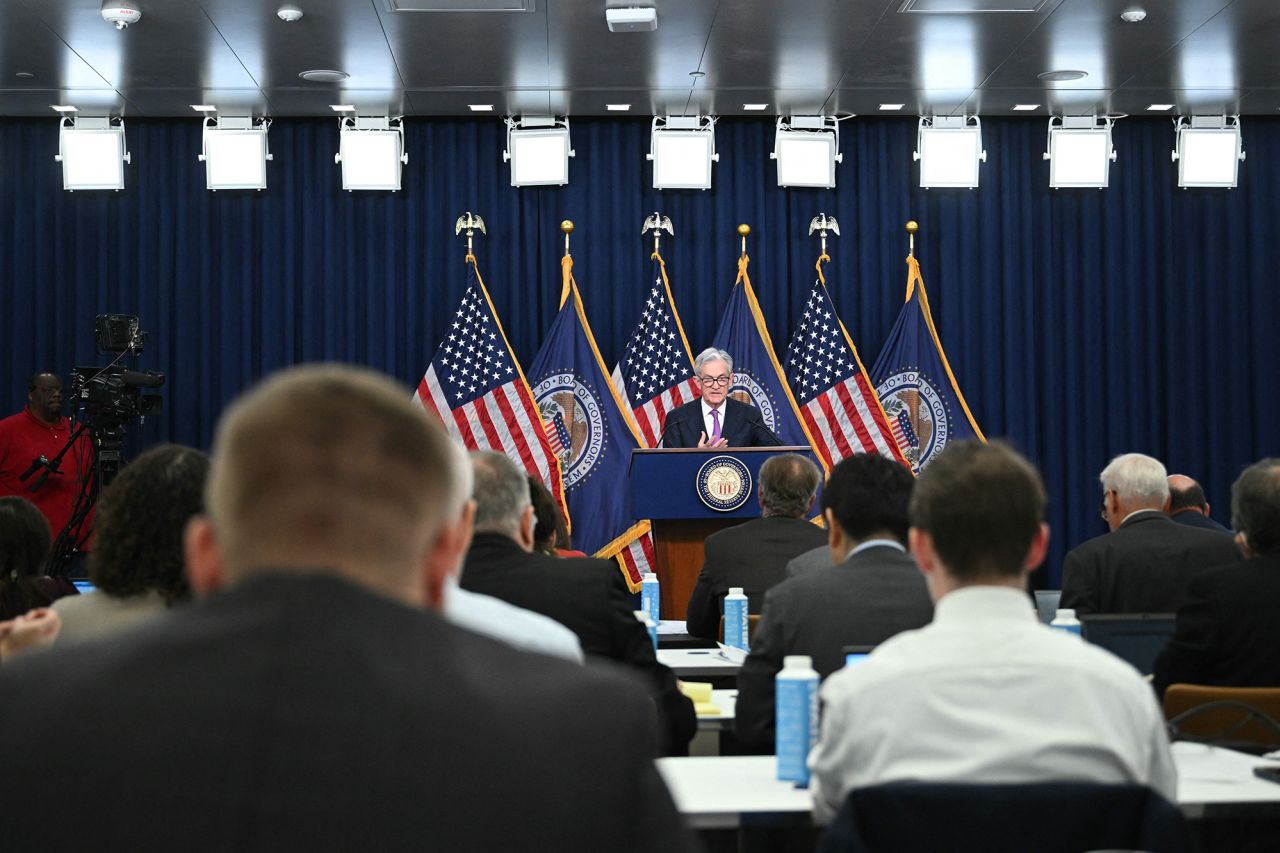All Federal Reserve officials agree that inflation needs to be defeated in a timely fashion. However, they disagree on whether the central bank has already done enough.
Some officials think the Fed must raise interest rates more to tame inflation, while others think the rate tightening that’s been done will continue to further ease rising prices. It takes around a year for the Fed’s actions to be felt across the economy.
San Francisco Fed President Mary Daly said recently that “if we continue to see a cooling labor market and inflation heading back to our target, we can hold interest rates steady and let the effects of policy continue to work.” Meanwhile, Fed Governor Michelle Bowman said recently that she continues “to expect that further rate increases will likely be needed to return inflation to 2% in a timely way.”
But even if Fed officials are divided, it doesn’t really matter. Divergent opinions at the Fed are simply a feature of the central bank during pivotal junctures.
“It generally should be seen as a good thing that they have different opinions. That’s arguably a design feature of the Committee — that there are varying views that get aired, otherwise there’s a risk of group-think,” Michael Feroli, chief US economist at JPMorgan, told CNN.
The Federal Open Market Committee, the Fed committee that sets monetary policy, has reached unanimous policy decisions nearly every meeting this entire rate-hiking cycle that began in March 2022.
“It’s also not that surprising that the decisions have been unanimous. The Fed started from so far behind the curve that catching up was an obvious decision. Now that we are getting closer to the end is when we see more differences open up,” Feroli said.
Fed officials in that committee with voting power have the option to dissent, but it’s only happened twice this cycle. The last dissent was from former Kansas City Fed President Esther George more than a year ago.
That’s when a division could matter: if multiple officials dissent. But that’s extremely unlikely, even right now.
“A dissent just means someone is violently opposed to the decision that the group is making. You have to have a very high degree of conviction to do that,” Ed Al-Hussainy, Columbia Threadneedle Investments senior interest rates and currency analyst, told CNN.
It’s also worth noting that voting members at the FOMC change at the start of each year.



























